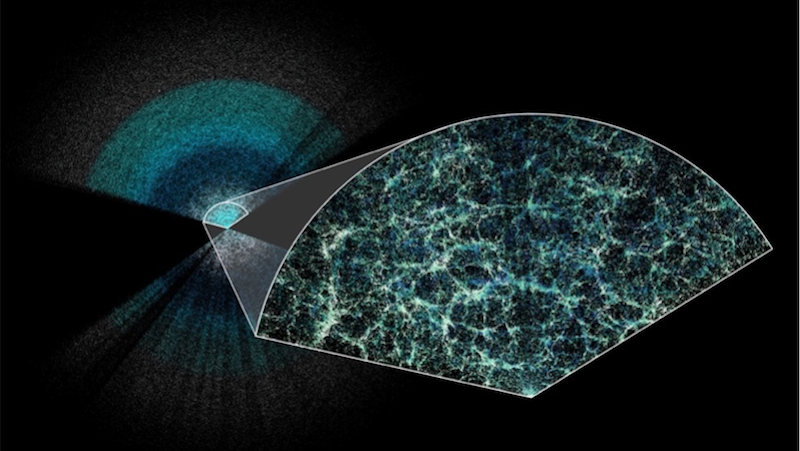The Last Sage Of Europe

CHINA has always been a ‘living sage culture’. A ‘culture without sages’, on the other hand, was a culture that lacked a profound respect for relationships – the relationships among people, and the relationships between the people and all things.
Without respect for relationships, there was no tolerance for others, inhibited consideration, and no commitment to onenessand interconnectedness. A culture without sages was a sad place.
Zhuangzi once said: “Delight in sageness is helpful to ingenious contrivances; delight in knowledge contributes to fault-finding.”
The Chinese sages were stressing the priority of wisdom from experience over blind faith in quick knowledge. Any piece of knowledge feels sharp when cut out of context and can be used as a weapon, yet once it was placed back, it was just blunt surface again.
A sage would always consider the whole and not fighting over the particular. A sage understood harmoniousness first – through self-cultivation – in his heart and mind; and then he understood the harmoniousness that binds his heart and mind together with the hearts and minds of all human beings.
READ MORE What is the Difference between a Sage and a Philosopher?
The sage was wise because he experienced the interconnectedness of all people. The sagacious approach to thinking – this particular expression of human intelligence – had caused the rise of sage cultures in Asia and was a necessary requirement for the formation and flourishing of Buddhism, Confucianism, Taoism, Hinduism, and Shinto.
The sagacious approach to thinking had been discontinued in Europe already by the Greeks. Once the sages (sophists) were suppressed, no more sage culture could be sustained, thus nothing similar to Buddhism, Confucianism, Taoism, Hinduism, and Shinto could ever arise in Europe.
Jesus Christ was a sage, too, because he experienced the interconnectedness of all human beings. However, the European philosophical culture demanded a first cause (the premise) that lied outside human experience.
All Western thinking has been linear, from a beginning to an end, from the past to the present, the cause causes the effect. That first cause ideally should be looked at and treated like another piece of knowledge, the object of the philosophical enquiry.
That first cause and piece of knowledge was called God, and God, the cause, was necessarily separated from the effect, the creation of the world. God was not the world, but created it, and the world was thus separated from God.
In short, human beings were no longer one with the Creator. Inevitably, Jesus Christ became the last sage of Europe because he called himself the Son of the First Cause – God. No one after Christ could become like him. If He was wise, no one else could be.
READ MORE And I shall call you “Religion”
If no one can be like Him (God), he (Jesus Christ) is no longer one of us. He placed himself above humanity. Confucius would never have done that. Since highest wisdom and morality were now delegated to God, the sages became dispensable and had to denounce their human-based humanity. Those who taught humanity now taught the divine. They became the priests. Those who absolutely submitted to God’s will, however, the servants of God, became saints – Holy men by divine grace.
Not a single European spiritual personality was ever called a sage again, certainly not Moses, Jesus, not Augustine of Hippo, and not Meister Eckhart. Sage culture was gone and prevented from returning.
Image credit: Nejron Photo/Shutterstock.com
This is a condensed version of a chapter on ‘Sage Cultures’ from the manuscript Shengren. You can follow me on Twitter, my Website, or my other Blog.





